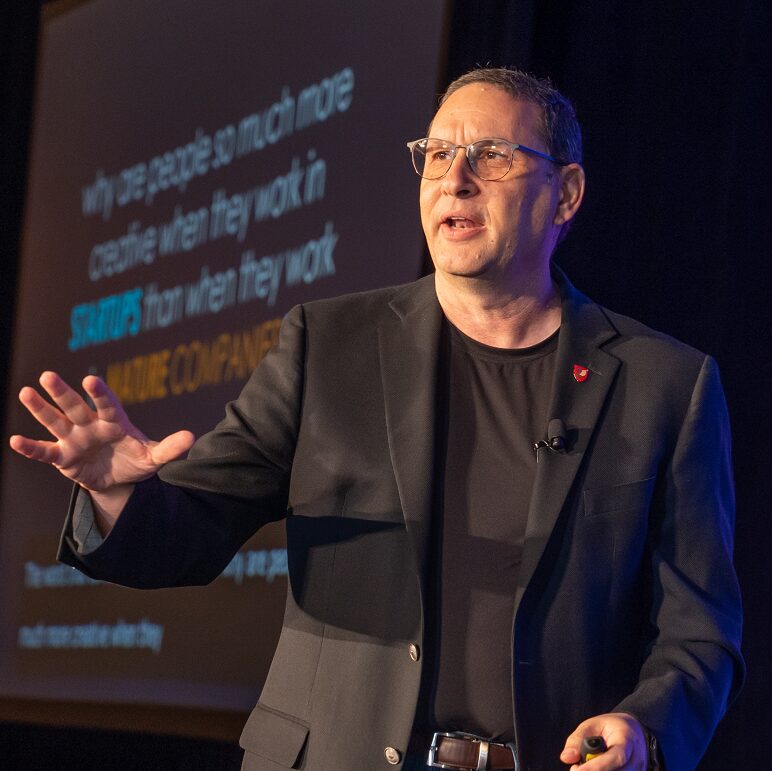We’re looking forward to introducing you to Yoram Solomon PhD. Check out our conversation below.
Yoram, a huge thanks to you for investing the time to share your wisdom with those who are seeking it. We think it’s so important for us to share stories with our neighbors, friends and community because knowledge multiples when we share with each other. Let’s jump in: Have any recent moments made you laugh or feel proud?
One of my proudest recent moments was completing a 400-page textbook and an 80-page workbook for entrepreneurs—Is it Really a Great Idea?—in just seven weeks, working seven days a week, often 12–16 hours a day. The spark came when I was invited to the SMU Executive MBA Professor Appreciation event. My former students remembered exactly what I taught them—never fall in love with your idea, but fall in love with the problem you’re solving—and they appreciated my No-BS attitude. That moment reminded me how much those lessons matter and inspired me to write these books. It even inspired me to get a “NO BS” tattoo as a permanent reminder. The real reward came when Southern Methodist University named my book one of the top three recommended summer reads for students, faculty, and alumni—a validation that the effort was worth it, and that these ideas resonate far beyond the classroom.
Can you briefly introduce yourself and share what makes you or your brand unique?
I’m Dr. Yoram Solomon—author of 22 books, keynote speaker, trust researcher, and professor of entrepreneurship at SMU. My work lives at the intersection of trust, innovation, and brutal honesty. I’m best known for helping leaders, salespeople, and entrepreneurs cut through the noise, challenge their assumptions, and focus on what truly matters. My brand is unapologetically No-BS: I tell people what they need to hear, not what they want to hear, whether in a keynote, a classroom, or a boardroom. I’ve built products, served in the military, and studied how trust drives success. My latest project, Is it Really a Great Idea?, is a textbook and workbook that teach entrepreneurs how to kill bad ideas quickly so they can build the one worth their obsession. At the heart of everything I do is one mission: help people succeed by being direct, disciplined, and relentlessly focused on the truth.
Great, so let’s dive into your journey a bit more. What breaks the bonds between people—and what restores them?
What breaks the bonds between people is a breach of trust—and it’s far easier to break trust than to maintain it or restore it. In The Book of Trust, I explain that trust comes from three things: competence (can you deliver?), shared values (do we believe in the same things?), and personality compatibility (do I enjoy working with you?). In The Trust Premium, I show how these same factors drive loyalty and allow you to command higher prices. Break any one, and trust fractures. To restore it: (1) acknowledge exactly what you did to breach trust, (2) ask what you can do to fix it, (3) promise to fix it, and (4) for God’s sake—don’t do it again! Restoring trust takes longer and more effort than building it in the first place, which is why my work across books, keynotes, and training is centered on one mission: earn, grow, and protect trust relentlessly.
What’s something you changed your mind about after failing hard?
One thing I’ve changed my mind about after failing hard is how I view the unpredictability of freelance work. Early on, the inconsistency drove me crazy—feast-or-famine cycles, client projects starting late, or opportunities disappearing without warning. I thought I could control it all with tighter planning and constant activity. I was wrong. What I learned is that you can’t control timing, but you can control your actions. If you consistently do the right things—the important things, not just the urgent ones—the right results will follow. It’s about having a long-term view, trusting the process, and resisting the temptation to chase short-term wins that distract from meaningful work. The cycles will still be unpredictable, but your trajectory will be steady. That shift in mindset has not only made me more successful—it’s made me a lot more at peace with the ups and downs.
Sure, so let’s go deeper into your values and how you think. Is the public version of you the real you?
Absolutely. The public version of me is exactly the same as the private version. That’s why I have a tattoo that says “NO BS.” It’s not just a motto—it’s a commitment. I never want to leave an impression anywhere, with anyone, that could come back to bite me because it wasn’t who I really am. Whether I’m speaking on a stage, teaching in a classroom, or having a one-on-one conversation, what you see is what you get. I’d rather be respected for being real than liked for being fake. Consistency builds trust, and trust is the foundation of everything I do.
Before we go, we’d love to hear your thoughts on some longer-run, legacy type questions. What is the story you hope people tell about you when you’re gone?
It’s not so much a single story I hope people tell—it’s a phrase: “He inspired me.” That’s what I’d want engraved on my headstone. My goal in life isn’t just to teach, write, or speak—it’s to spark something in people that changes the way they think, act, or believe in themselves. Everyone who knew me would have their own story to back up that phrase. Maybe it was a keynote that shifted their perspective, a class that gave them the courage to start a business, or even a conversation that helped them see a problem in a new way. Inspiration is the legacy I want to leave.
Contact Info:
- Website: https://www.yoramsolomon.com/
- Instagram: https://www.instagram.com/yoramsolomon
- Linkedin: https://www.linkedin.com/in/yoramsolomon/
- Twitter: https://x.com/yoramsolomon
- Facebook: https://www.facebook.com/yoram.solomon
- Youtube: https://www.youtube.com/@TheTrustShow
- Other: https://podcasts.apple.com/us/podcast/the-trust-show/id1569249060
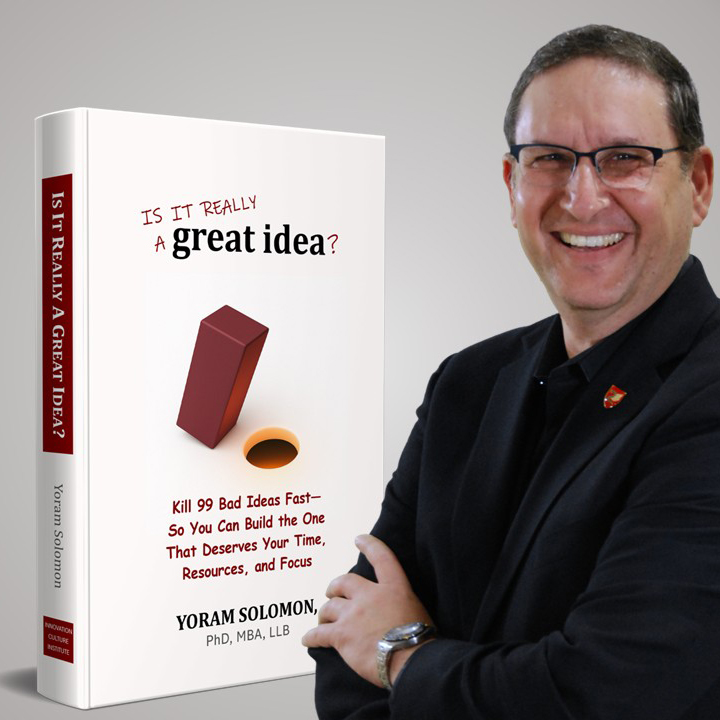
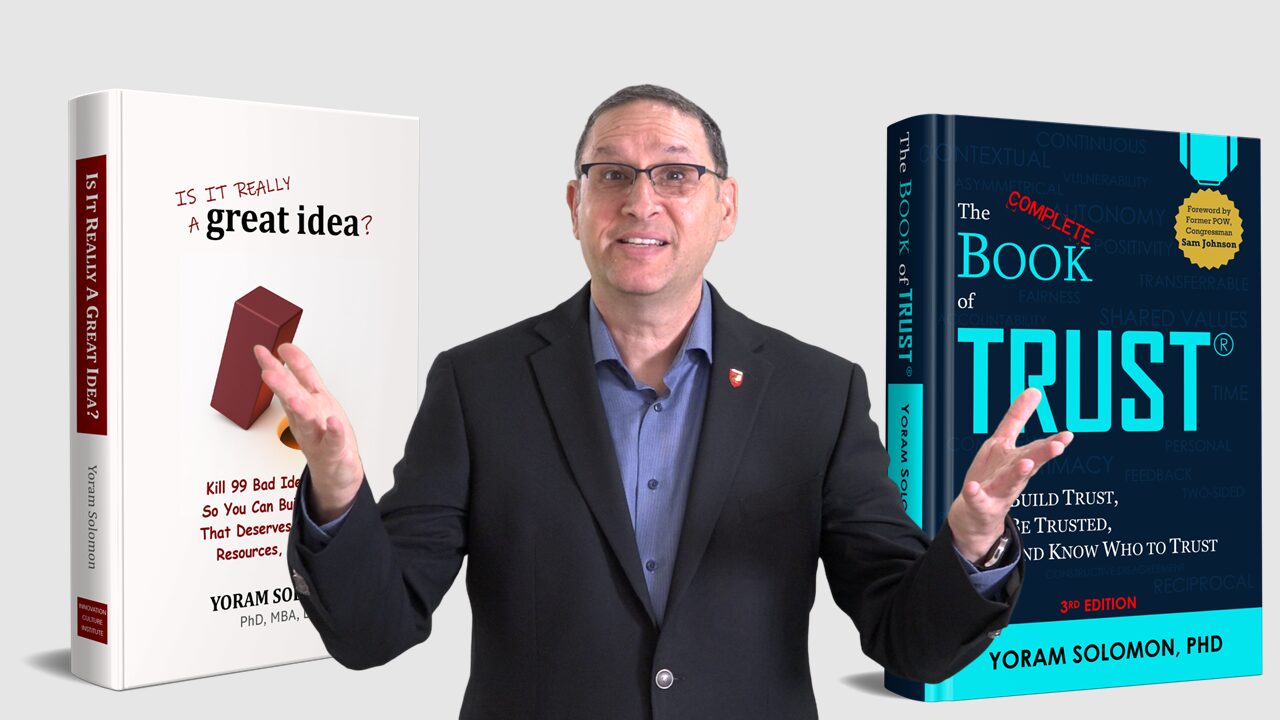
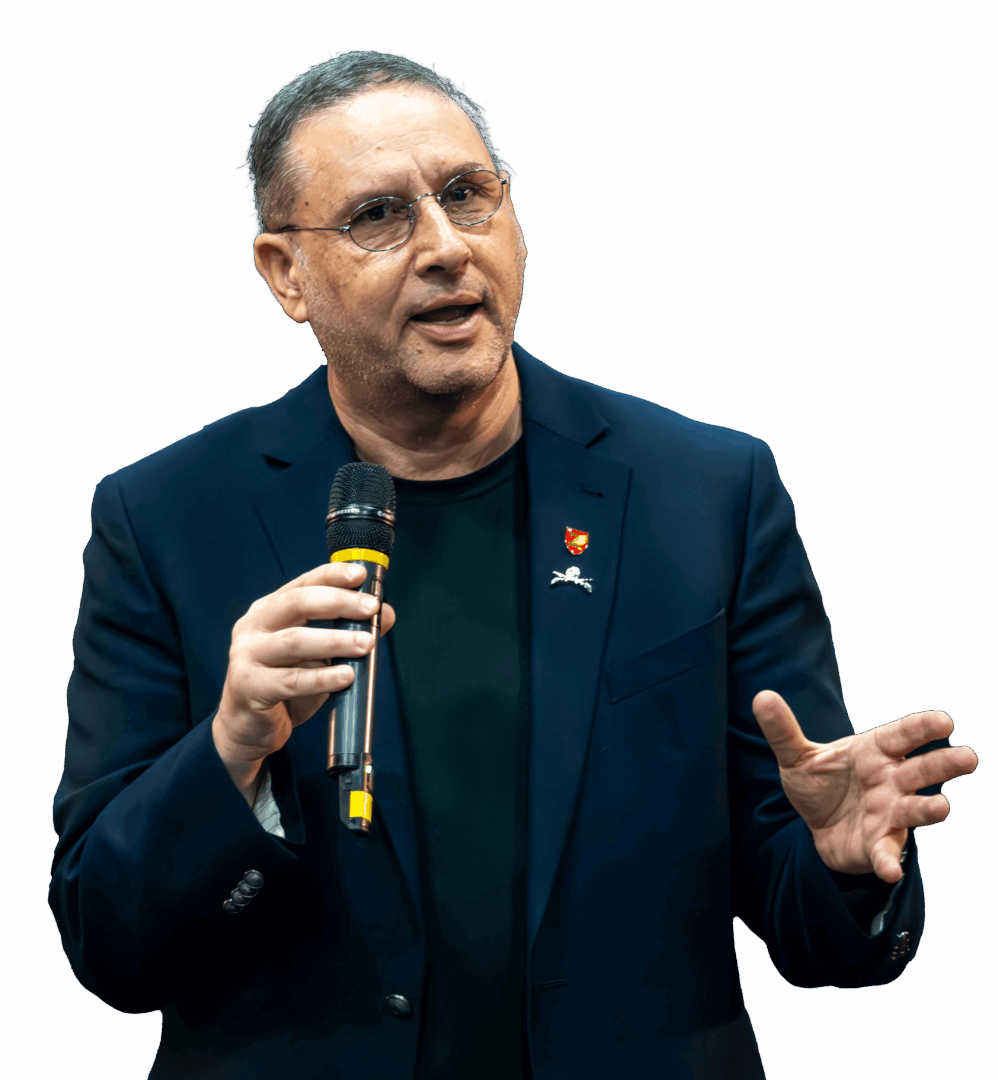
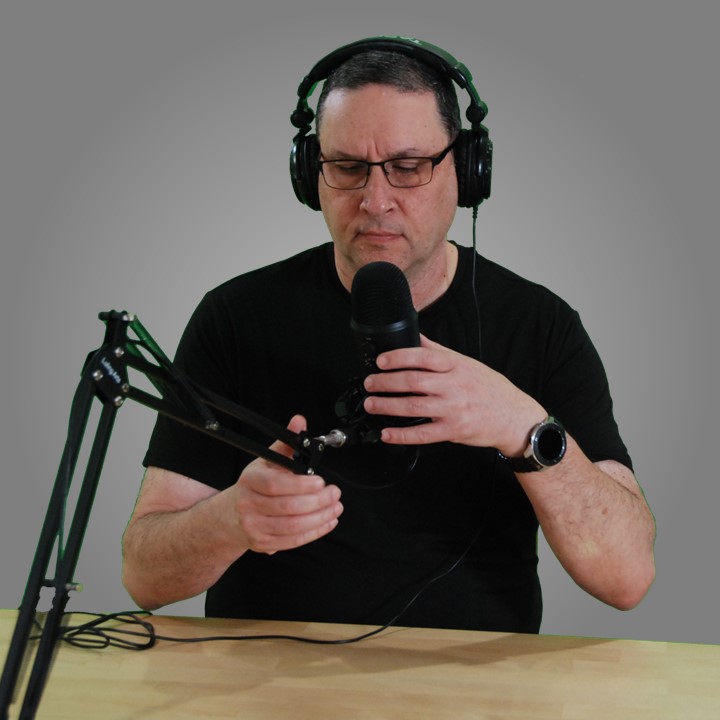
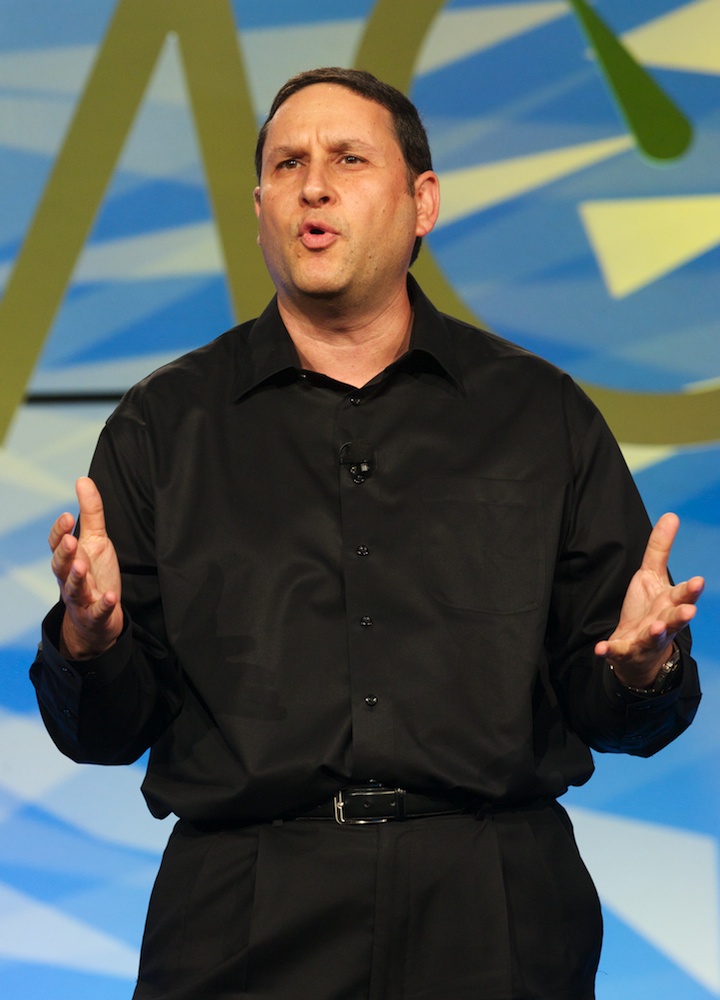
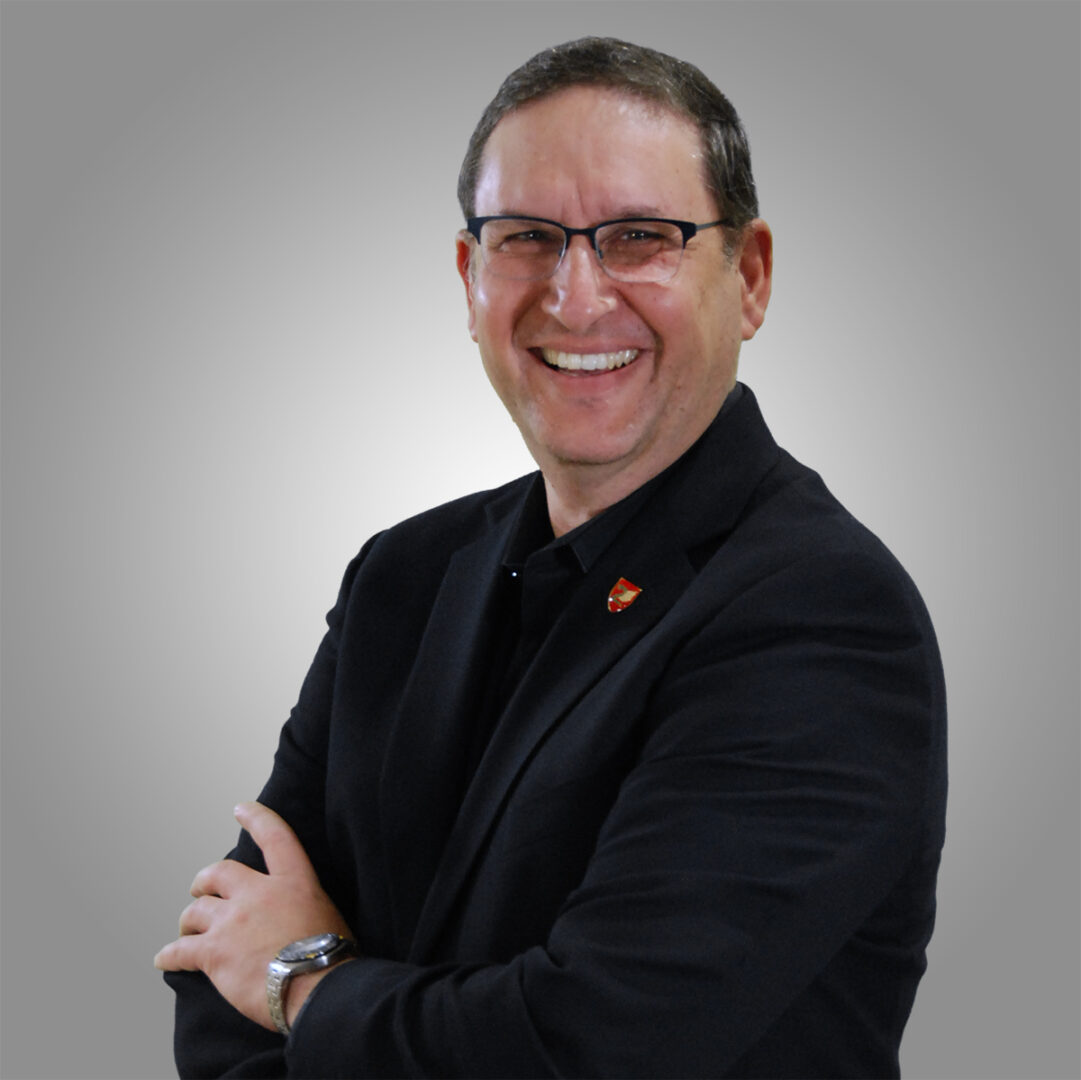
so if you or someone you know deserves recognition please let us know here.

